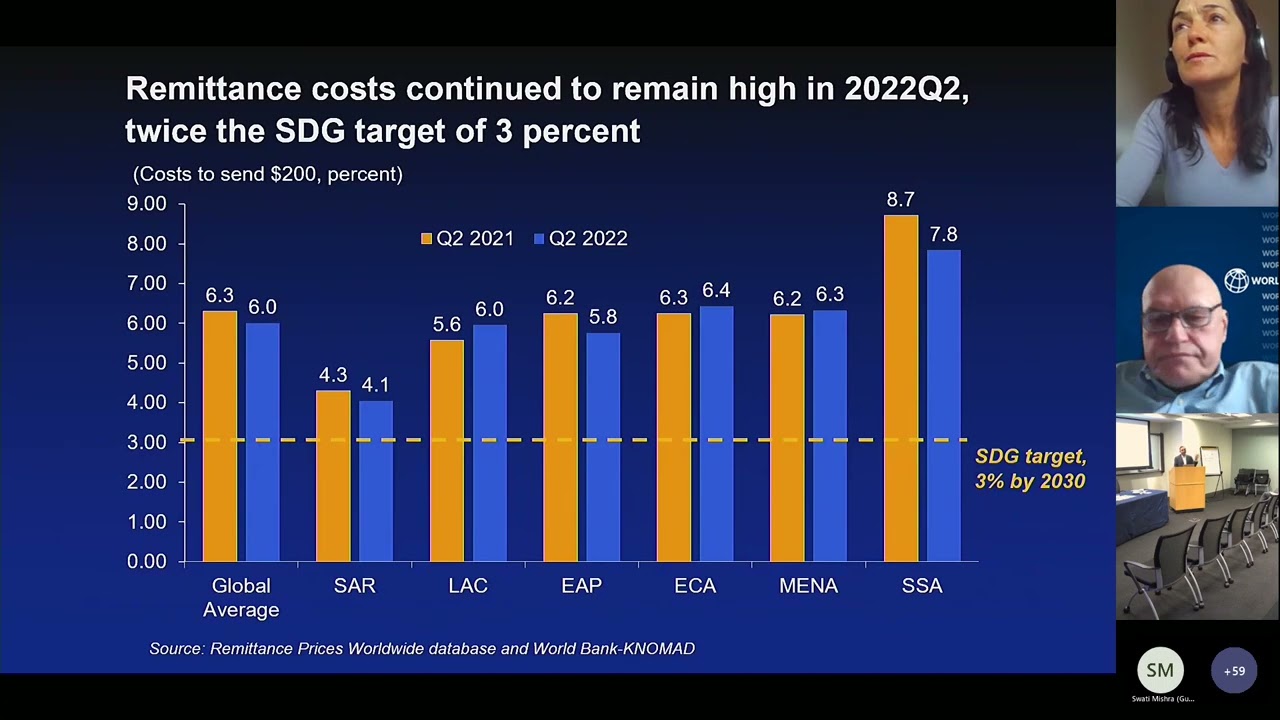
Event description:
The World Bank Migration and Remittances Unit (SPJ) and KNOMAD organized a panel discussion on recent key developments in migration and remittance flows and related policy and regulatory changes that have occurred since the previous brief published in May 2022. The effects on migration and remittances of the Russia-Ukraine war, the COVID-19 pandemic, inflation, and other changes in the global economic environment will be discussed. The Brief also reports on remittance costs, a key migration-related SDG indicator. In the context of the current global attention on climate change and the COP27, the brief highlights the issue of climate migration and the varying forms in which migration may take place as air and sea temperatures continue to warm in the coming years.
Watch video.
Speakers
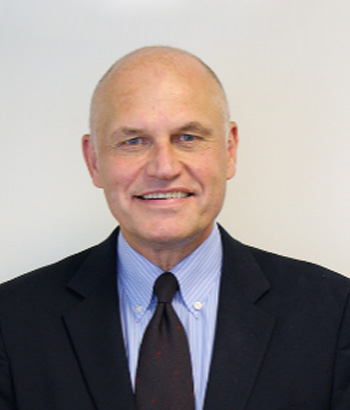
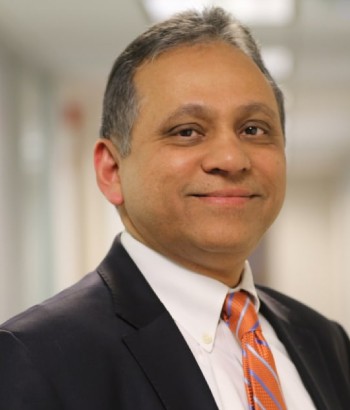
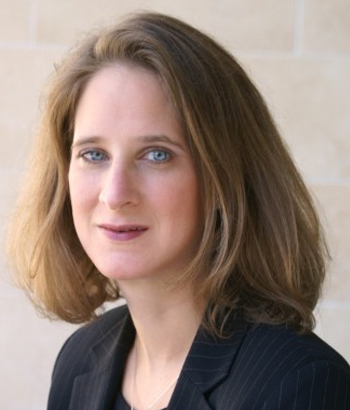
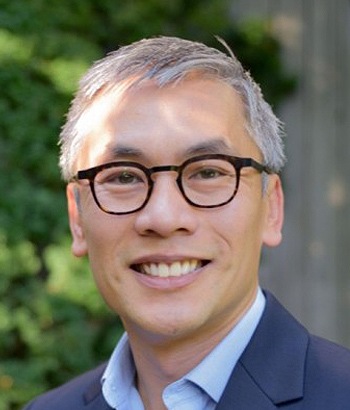
Speaker's Bio


Michal Rutkowski is the Global Director for Social Protection and Jobs – overseeing the World Bank Global Practice responsible for protecting poor and vulnerable from shocks through improving their job opportunities, earning capacity, and social insurance and social assistance (safety net) coverage. Until July 2016, he was the Director for Multilateral Organizations, and prior to that the Country Director for the Russian Federation and the Resident Representative in Moscow for three years. In the period 2004-12, he was Sector Director for Human Development in the Middle East and North Africa and then South Asia regions of the World Bank. Before 1996, after a brief period of work on Africa and China, Mr. Rutkowski worked extensively on social insurance and labor market issues in transition economies and as a country economist for Russia and after taking a leave from the Bank, returned as Sector Manager for social protection between 1998-2004, where he led a team of professionals working on pensions, labor market and social assistance reforms in 28 countries of Central and Eastern Europe and former Soviet Union, as well as in Turkey. During his leave from the World Bank in the period 1996-98 he helped design and implement the new Polish pension system while serving as the Director of the Office for Social Security Reform. He also taught at the Institute of Economic Policy at the Warsaw School of Economics.
Mr. Rutkowski’s published work covers among others, issues on labor markets and social security. He was a core team member of the 2015 World Development Report “Workers in an Integrated World”- the World Bank’s annual flagship research publication. Mr. Rutkowski holds an M.Sc. and Ph.D from Warsaw School of Economics and finished his post-graduate studies at the London School of Economics. He also graduated from the Executive Development program at the Harvard Business School in 1999, and from the Leadership for Collective Intelligence program run by Dialogos in 2010.


Dilip Ratha is the Head of KNOMAD and Lead Economist, Migration and Remittances, Social Protection and Jobs Global Practice at the World Bank. Dilip is a thought leader on migration, remittances, and innovative ‑nancing for development, including diaspora bonds, future-ow securitization, and shadow sovereign credit ratings. His 2014 TED talk on migrant remittances, with over 1.47 million views, has inspired many start-ups


Barbara Kotschwar is Executive Director of the Visa Economic Empowerment Institute (VEEI) where she heads a team of experts in the fields of payments,economic policy, technology, and security working to advance digital equity and inclusion, unlocking growth through trade and fostering an open future for payments.
She represents Visa on the World Economic Forum’s Global Future Council (GFC) on Economic Growth and Recovery and is a past member of the GFC on Trade & Investment.
Prior to Visa she worked at the World Bank, the Peterson Institute for International Economics (PIIE), and the Foreign Trade Information System (SICE)of the Organization of American States.She has advised governments on trade and investment strategies and has served as expert adviser to international organizations and to private companies on trade and investment issues.
Professor Kotschwar has taught economics and Latin American studies at Georgetown University since 1998. She has published on a wide range of issues relating to trade, investment, and political economy. She has presented at the IMF, World Bank, WTO, IDB and provided testimony to the US International Trade Commission, among others. Her work has been featured in the Economist, Financial Times, Wall Street Journal, New York Times, the Huffington Post, Slate Magazine, and on CNN, CNBC, Univision and NPR
Her PhD and Master’s degrees are from the Johns Hopkins School of Advanced International Studies (SAIS) and she holds a Bachelor’s degree in economics and political science from McGill University.


Paul is the Director of Product for Central Bank Digital Currencies and Institutional Assets at the Stellar Development Foundation. His work currently focuses on leveraging blockchain technology to support cross-border payments, cash disbursements, and reconstruction aid. Prior to joining Stellar, he spent almost 20 years in central banking at the Federal Reserve Board and Bank for International Settlements. At the Federal Reserve, he established and led the Board’s Technology Lab, drafted international and domestic risk management standards for financial market infrastructures, conducted supervision of systemically important payment systems, and oversaw the provision of central bank services to financial institutions.


